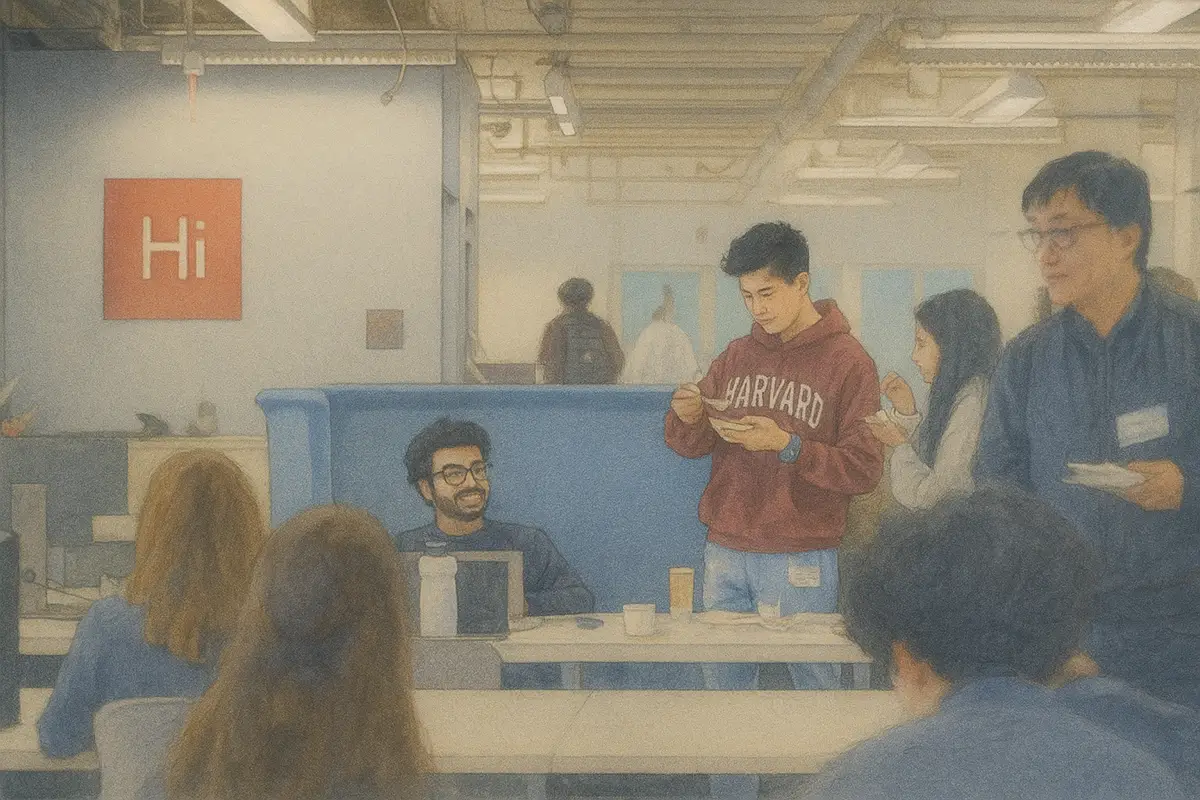Last Friday, we were proud to host our first-ever Public Sector AI Summit at Harvard University. We brought together dozens of public servants, technologists, and students to engage in open, future-facing conversations about the opportunities and challenges of AI in government.
We heard from four visionary speakers who each brought unique perspectives to the table:
(1) Empower Public Servants Through Technology
Every speaker championed the same powerful message: AI isn’t just a tool, it’s a way to inform decision-making and amplify the work of public servants. Imagine freeing up countless hours by automating outdated processes or weaving together complex data stories in seconds. AI gives public servants the power to focus on what matters most: solving problems, connecting with their communities, and driving meaningful change. It’s not about replacing people, it’s about empowering them to do their best and most meaningful work.
(2) Experiment Swiftly, Safely and Boldly to Find What Works
Tackling society’s biggest challenges demands bold ideas and the courage to take risks. While government agencies often hesitate—for good reason—to adopt new technologies like AI, there’s a growing need for safe spaces to test, fail, and iterate quickly. This requires a shift toward embracing experimentation as an essential step to discover what works and unlock new possibilities for transformation.
(3) Ensure Technology and Policy Evolve Together
The stakes couldn’t be higher when it comes to public sector data and the trust of the people it serves. AI innovation can’t exist in a vacuum—it must be paired with thoughtful, equity-driven governance structures and human supervision. We need policies that protect data ownership, ensure transparency, and create a safe, secure framework for experimentation. Only by aligning policy and technology can we responsibly harness the power of AI for the public good.
This summit was just the beginning, and we couldn’t be more excited about what’s ahead. We are already planning a larger event for 2025 to keep the momentum going. In the meantime, we will be sharing highlights from the summit on LinkedIn and in future blogs—so stay tuned!
If you’re energized by conversations about the future of AI in government, please reach out. The work we started last Friday is only just beginning, and we’d love for you to be a part of it!


Subscribe to our blog today for Roundtable news and product announcements, straight to your inbox.